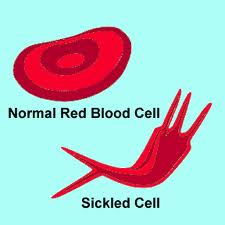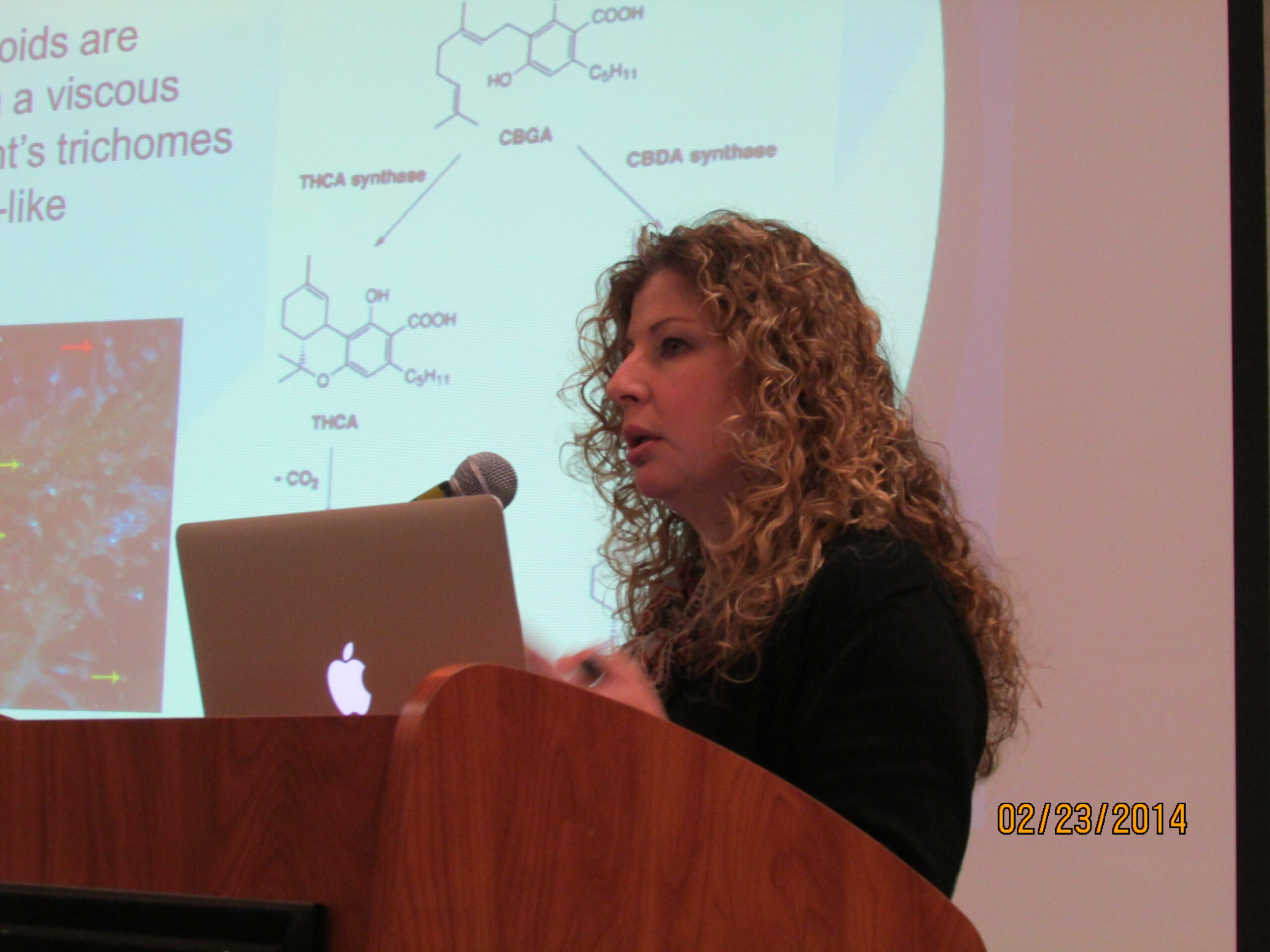Xerostomia —Better Known as ‘Cotton Mouth’
By Joshua Ahn
A dry feeling in the mouth, often described as “cotton mouth,” is a fairly common side effect of consuming cannabis. In the medical literature this condition is known as xerostomia.
As reported in 2006 by Juan Pablo Prestifilippo and colleagues at the Centro de Estudios Farmacologicos y Botanicos in Buenos Aires, cotton mouth from cannabis is caused by increased activity at cannabinoid receptors (both CB1 and CB2) located in saliva glands. This results in reduced saliva output —hyposalivation.
A 2011 study by Olga Kopach and Juliana Vats at The State Key Laboratory of Molecular Biology in Kiev confirmed that under normal conditions, cells in saliva glands use endocannabinoid signaling as part of a feedback mechanism to prevent excess amounts of saliva from accumulating in the mouth.
When exogenous cannabinoids are consumed, increased activation of CB1 and CB2 receptors causes saliva levels to drop significantly, producing feelings of dryness in the mouth.
Kopach also found that the two receptors produce slightly different effects on a cellular level.
CB1 receptors predominantly modulate the flow of saliva, while CB2 receptors seem to influence consistency and content of saliva (such as sodium levels).
Drugs that antagonize the cannabinoid receptors induce an increase in saliva output. Kopach used AM251 (which targets CB1) and AM630 (targets CB2) to show that the decreased saliva output caused by THC consumption is reduced or even blocked when antagonist drugs are administered.
Cells in the salivary glands can synthesize anandamide. Exploration of the endocannabinoid system in the mouth may lead to new therapies for people with serious salivary problems.
It may even be possible to develop a cannabinoind antagonist chew that would reduce cotton mouth or help people with other forms of dry mouth. This chew could be spit out before being swallowed so the effects stay localized in the mouth.
Although the mouths of cannabis consumers may feel dry on occasion, THC and the other plant cannabinoids do not cause dehydration throughout the body. This is why cannabis does not cause severe hangovers the way alcohol does. The body is not becoming dehydrated —saliva remains inside the glands instead of being secreted The moisture is there, it’s just not being released into the mouth and throat.
Cotton mouth may be bothersome, but it is readily resolved by drinking water —a healthful thing in and of itself.
A Possible Concern
“Our saliva washes away sugars and other substances that help promote cavities. It neutralizes the acids in our mouths,” explains Gene Watson, D.D.S., Ph.D.
A comprehensive Index-Medicus review by J Guggenheimer from the University of Pittsburgh shows that dry mouth in different types of cases (not just cannabis-induced) may be connected with greater risk of dental cavities. Saliva contains compounds that protect teeth from decay. When salivation decreases parts of teeth which are normally protected from cavities become more vulnerable to damage.
Although no pattern of tooth decay has been associated with cannabis consumption, some anecdotal evidence is concerning. A consumer we’ll call Valerie recently needed extensive dental work due to multiple cavities. She was told by her dentist that the pattern of decay suggested that the cause was oral dehydration. The dentist asked if she was consuming anything that would make her mouth dry? The only thing she could think of was her frequent episodes of cotton mouth which she didn’t tell the dentist about. She now makes a better effort to stay hydrated.
One study by Swiss researchers compared 43 cannabis consumers and 42 cigarette smokers and found no increase of decayed or filled surfaces, plaque or gingivitis amongst the cannabists. But the cannabis consumers were found to have more cavities on smooth tooth surfaces when compared to a group of abstinent Swiss Military recruits.
Water is the antidote
Other negative side effects from cotton mouth are mostly trivial. Stale breath may be a concern, as is the need to make sure the mouth is hydrated before biting into dry foods. Eating crackers with severe cotton mouth can become quite a challenge without a good sip of water first. Exercise with cotton mouth can also lead to a very parched sensation in the throat. Water is the antidote.
A Beneficial Effect?
Because cannabis increases the desire to drink fluids while not actually causing problematic dehydration, it may improve water intake allowing for a large variety of health benefits. My consumption of cannabis has made me much more mindful of the amounts of water I consume.
Nutrition experts such as the European Food Safety Authority recommend that the average adult should drink eight to 10 glasses of water per day. Those who exercise or perform physical labor may need as many as 12 glasses per day for optimal well-being.
43% of adults in the U.S., according to the CDC, only drink three cups of water per day, or less.
Yet 43% of adults in the U.S., according to the CDC, only drink three cups of water per day, or less. Low water intake is connected with impaired immune response, lack of focus, kidney and digestive problems, dry skin, blemishes, slow metabolism, increased blood clot risk and migraines. Sufficient water consumption is associated with mental clarity, better weight control, clearer skin, improved muscle function, enhanced immune response, effective digestion, good kidney health and feelings of wellness.
Minimizing Cotton Mouth
The unwanted effects of cotton mouth are mainly reduced through being mindful of oral hydration. When consuming cannabis, regularly, sip on water and if possible maintain proper electrolyte balance.
Eating juicy fruits is recommended. Chewing gum or sucking on hard candy is also recommended by some consumers. One friend has made a ritual of always preparing tea with his cannabis to keep his fluid intake up.
Breathing through one’s nose rather than mouth may also be helpful. This is known to reduce moisture loss in the mouth and throat and has helped me deal with cotton mouth. I used to smoke cannabis daily and my sinuses would be constantly congested, making breathing through my nose essentially impossible. I have since switched to only eating and vaporizing it and now my nasal passages are clear. This has significantly allowed me to breathe better through my nose.
Alcohol, caffeine, salt and sugary foods can all contribute to dehydration. Pharmaceutical drugs and medications may also induce dry mouth. Almost two thirds of the most popular prescription drugs list oral dehydration as a side effect. Reducing intake of these substances or drugs may help to alleviate cotton mouth symptoms.
A reminder to stay hydrated
It’s reassuring that cannabis use won’t dehydrate us in a way that can be incapacitating (as is the case with alcohol). Next time some surprisingly strong cannabis causes your mouth to feel dry, use it as a reminder to increase your water intake. That way, you can turn a mild symptom into an important health benefit.
References:
- Inhibition of Salivary Secretion by Activation of Cannabinoid Receptors Exp Biol Med (Maywood) September 2006 vol. 231 no. 8 1421-1429
- Cannabinoid receptors in submandibular acinar cells: Functional coupling between saliva fluid and electrolytes secretion and Ca2+ signalling
- April 15, 2012 J Cell Sci 125, 1884-1895.
- Xerostomia: etiology, recognition and treatment.
- Guggenheimer J, Moore PA
- Department of Oral Medicine and Pathology, School of Dental Medicine, University of Pittsburgh, Pa
- PMID:12555958
- DOI: 10.14219/jada.archive.2003.0018
- Cannabis and caries–does regular cannabis use increase the risk of caries in cigarette smokers?
- Schweizer Monatsschrift fur Zahnmedizin = Revue Mensuelle Suisse D’odonto-stomatologie = Rivista Mensile Svizzera di Odontologia e Stomatologia / SSO [2009, 119(6):576-583]
- Effect of cannabis usage on the oral environment: a review
- PA Versteeg, DE Slot, U Van Der Velden andGA Van Der Weijden
- Behaviors and Attitudes Associated With Low Drinking Water Intake Among US Adults, Food Attitudes and Behaviors Survey, 2007
- Goodman AB, Blanck HM, Sherry B, Park S, Nebeling L, Yaroch AL. Behaviors and Attitudes Associated With Low Drinking Water Intake Among US Adults, Food Attitudes and Behaviors Survey, 2007. Prev Chronic Dis 2013;10:120248. DOI: Drink Availability is Associated with Enhanced Examination Performance in Adults
- Pawson, Chris; Gardner, Mark R.; Doherty, Sarah; Martin, Laura; Soares, Rute; Edmonds, Caroline J.
- Psychology Teaching Review, v19 n1 p57-66 Spr 2013




